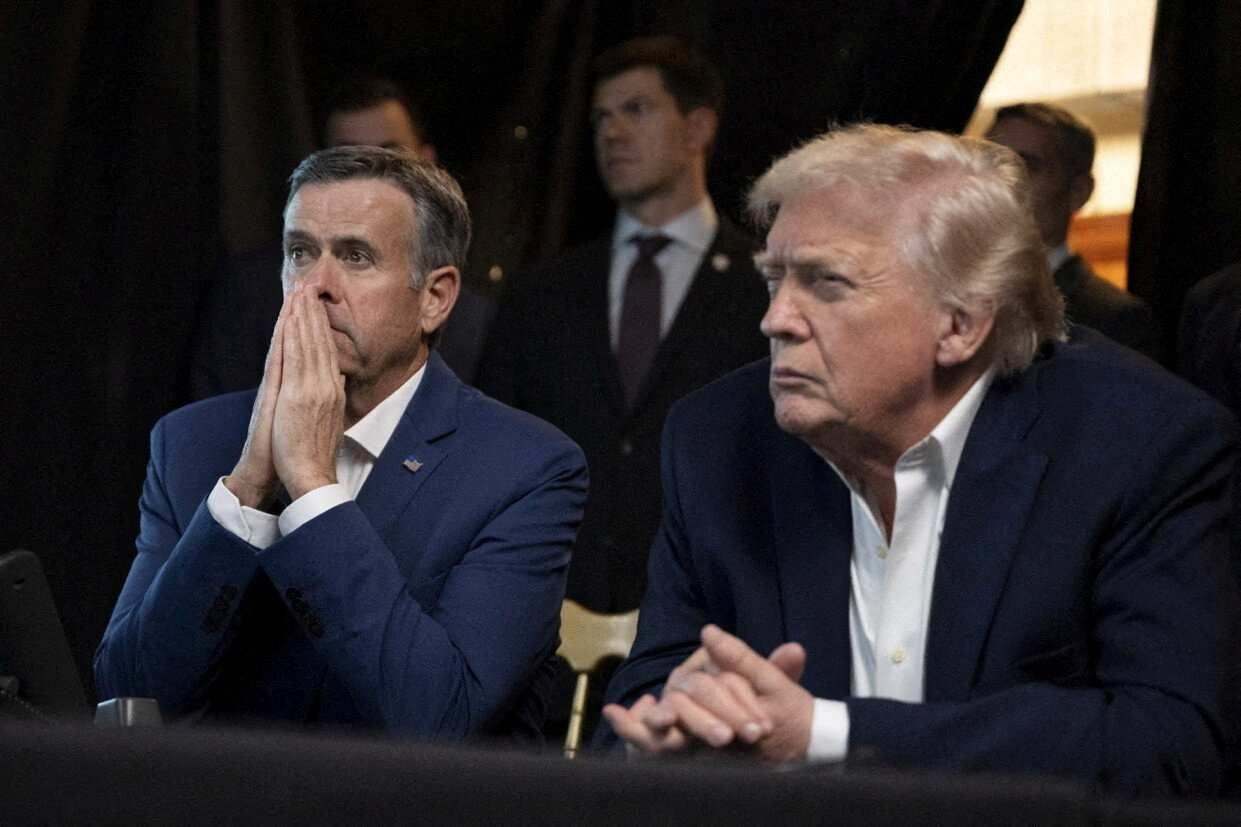What We're Watching
Chinese planes over Taiwan – On Sunday, two Chinese warplanes flying above the Taiwan Strait crossed into what Taiwan considers to be its airspace. In response, Taiwan scrambled warplanes to push the Chinese out. On Monday, Taiwanese President Tsai Ing-wen warned that further Chinese provocations would be met with force. On Tuesday, US National Security Advisor John Bolton tweeted a condemnation of China's action and a pledge of US "commitment" to Taiwan's security. Nobody wants a war, but accidents happen and can create dangerous confrontations from which all sides are reluctant to back down.
Theresa May's Brexit U-Turn – Sick of Brexit yet? Well, we've got news for you: embattled UK Prime Minister Theresa May said yesterday she planned to scrap her current Brexit proposal and work with the opposition Labor Party to forge a compromise. To broach such a grand bargain, though, she says the UK will need more time beyond the current April 12 deadline. So it looks like we could now be in for a few extra weeks of Brexit pain. This announcement is a big U-turn for Ms. May, who previously ruled out working with the opposition, and it means that a plan which can gain the support of a majority of parliamentarians may eventually emerge – if the EU agrees to an extension.
What We're Ignoring
Another Central Asian name-change? – Emilbek Kaptagayev, a Kyrgyz official, says Kyrgyzstan should change the name of its capital from Bishkek to Manas, the main character in a centuries-old epic poem. The purpose, according to Kaptagayev, is to prevent a future egocentric political strongman from naming it after himself. This is clearly a dig at Kazakhstan, where the capital city will soon change its name from Astana to Nursultan, in honor of retiring President Nursultan Nazarbayev. We're ignoring this story because Kyrgyz critics of the idea have rightly noted that their country has bigger problems to solve—and because common sense says changing the name once won't keep someone from changing it again.
The dark side of cryptocurrencies – Everyone knows Bitcoin and its ilk have been going through a rough patch – government crackdowns, a deflating investment bubble, and concerns about fraud have all contributed to a price crash and declining investor interest since late 2017. Now it turns out that even terrorists may have reason to be skeptical of the electronic money, which boosters claim will overthrow central banks and free people to transact with each other without government interference. A new report from the RAND think tank found terror groups were likely to prefer cash when buying weapons, because cryptocurrencies are harder to use and less secure than good old fashioned Benjamins.More For You

Most Popular
In this "ask ian," Ian Bremmer analyzes Trump’s recent meeting with Zelensky and how close (or far) Russia and Ukraine are from a peace deal.
Syrian President Ahmed al-Sharaa attends the military parade of the Syrian army in Umayyad Square in central Damascus to mark the one-year anniversary of the fall of the Assad regime, on Dec. 8, 2025.
A year ago this month, Syria’s brutal dictatorship collapsed. There are signs of recovery, but sectarian violence threatens to undermine the optimism.